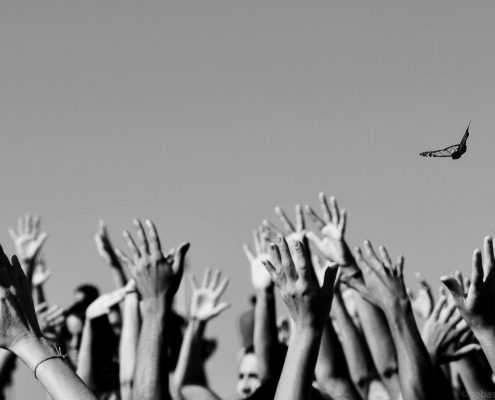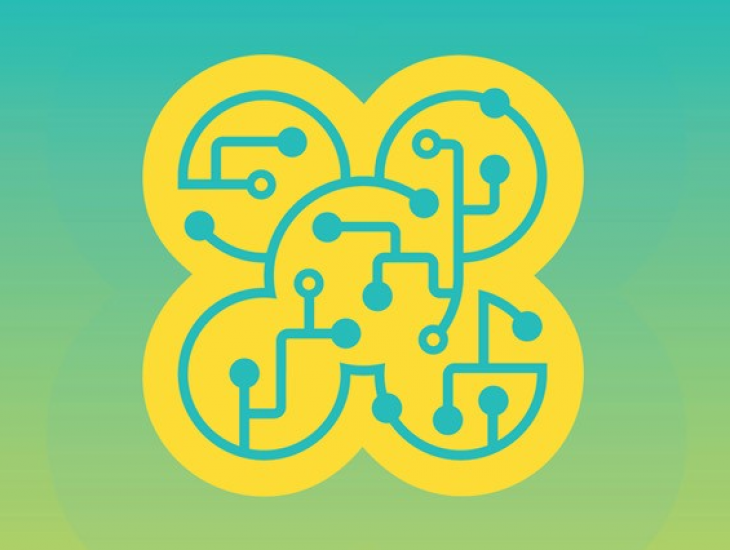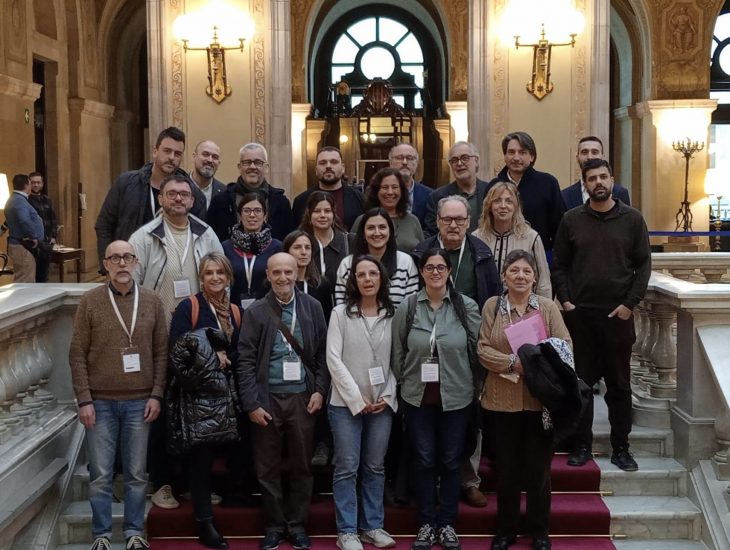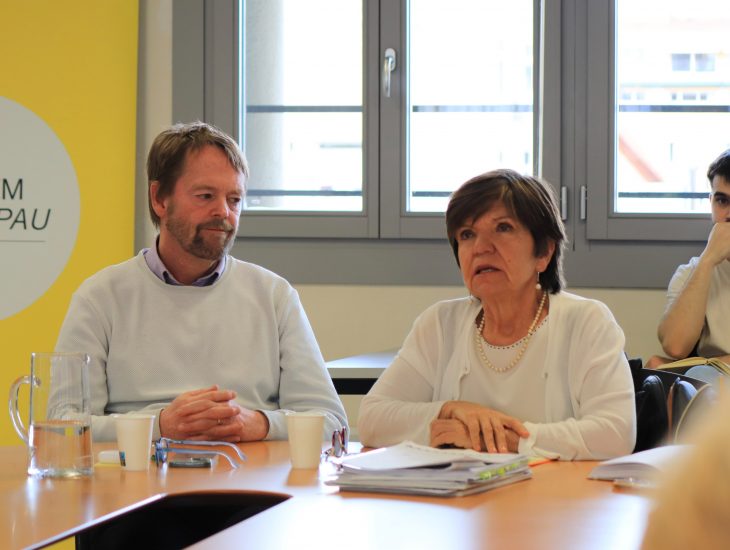Building peace in a context marked by war basically involves ending armed hostilities, safeguarding people’s security, bringing to justice those responsible for the most serious crimes, making reparations to the victims and rebuilding the social fabric with measures that encourage reconciliation and promote social coexistence without collective amnesia, exclusion or distrust. It also involves creating conditions that allow for the transformation of those structural factors that provoked the conflict and degenerated into violence and armed confrontation.
Although there is no single approach, the peace processes of the last thirty years have provided valuable experiences and knowledge that have been systematized to identify good practices, outstanding challenges, threats, errors and opportunities.
This accumulated knowledge is essentially based on transitions to peace after armed conflict. However, statistics show that for some years now the number of violent deaths in situations “outside the context of war” has globally exceeded the number of deaths in armed conflicts. Latin American cities and territories occupy the most alarming positions in international homicide rankings.
These situations of violence in non-war settings have mostly been dealt with from the logic of security, with a conceptualization of security that is closer to “securitization” than to human security. Faced with this reality, we find ourselves in dire need of visions, instruments, methodologies and a culture of peace that will facilitate truly transformative processes to ensure that people can live dignified lives in cohesive societies.

With the aim of contributing to further reflections on the necessary conditions for peacebuilding in contexts of chronic violence, ICIP has organized a seminar series entitled “Latin America: Tackling violence through peacebuilding.”
The series will begin on Thursday 4 March with an opening lecture by John Paul Lederach, researcher at Kroc Institute for International Peace Studies, and will feature seven sessions that will address security policies, dialogue, mediation with violent actors, mechanisms of truth, justice and restoration, and nonviolent social and resistance movements in the face of violence.
The debates will count with the participation of experts as Jenny Pearce, Mariano Aguirre, Geoff Thale, Lucía Dammert, Miguel Garza, Gláucia Foley, Marisol Ramírez Sánchez, Raul Calvo Soler, Achim Wennmann, Angélica Durán, Falko Ernst, Guillermo Trejo María Camila Moreno, Esperanza Hernández, Sabine Kurtenbach, Verónica Zubillaga, Luis Jorge Garay and Robert Muggah.
The series will be streamed on the ICIP YouTube channel. The sessions will take place on 6 -13 March, 13 -27 April, 11 – 25 May, and 7 June, from 6-7:30 PM (CET).
This activity is part of the “Violence in non-war settings” area of work.



